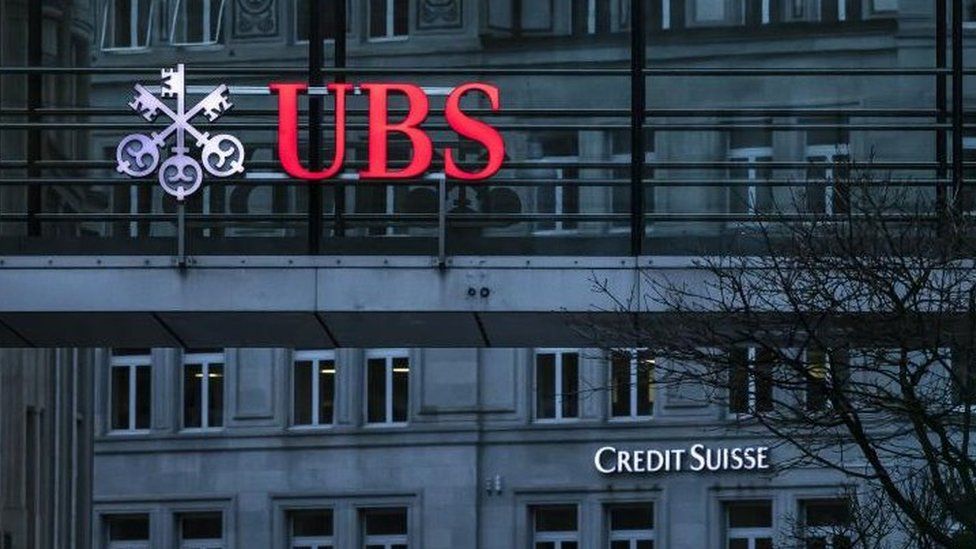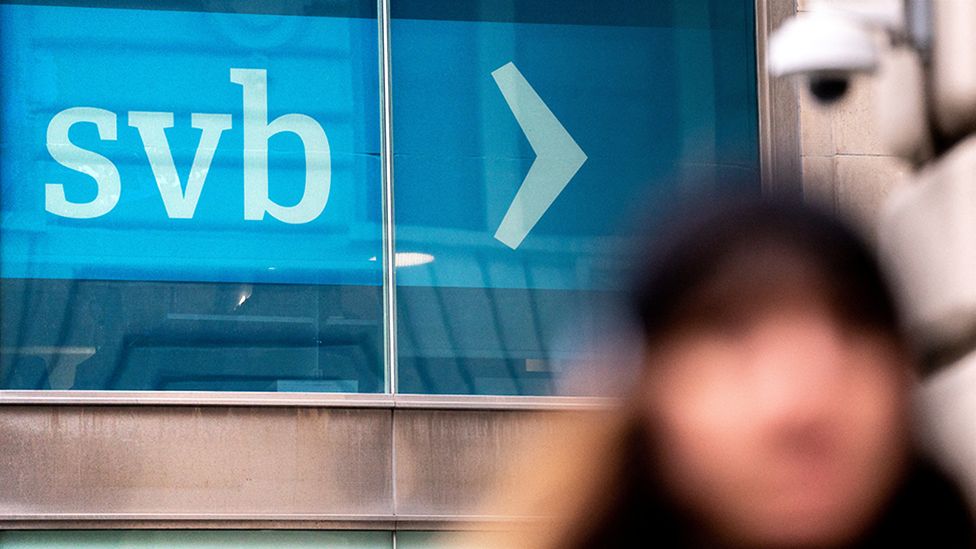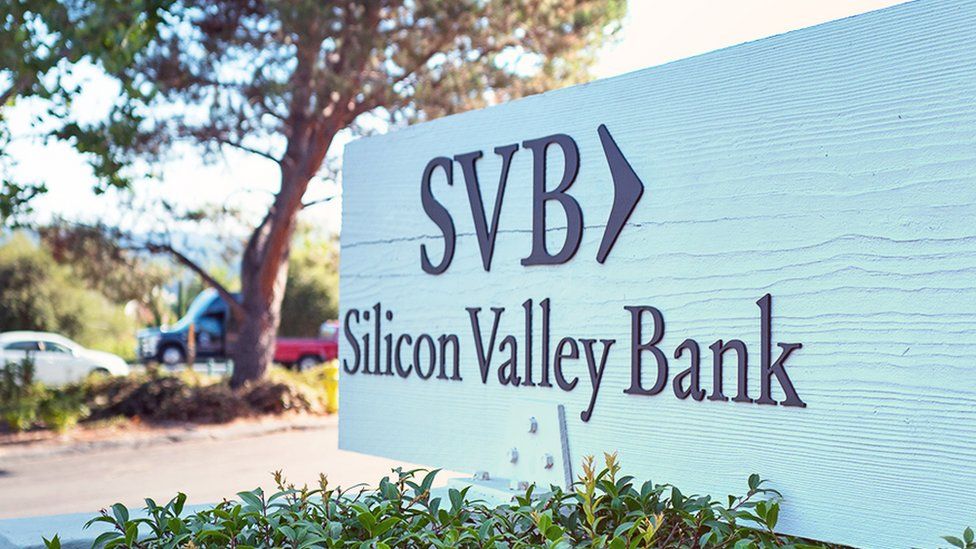
Central banks have moved globally to keep credit flowing after an unsettled period in the US banking sector and the Credit Suisse merger.
Six central banks, including the Bank of England, announced they would boost the flow of US dollars through the global financial system.
On Sunday the struggling Credit Suisse was taken over by UBS in a Swiss government-backed deal.
The US dollar liquidity “swap line” arrangement will run from Monday.
In a statement the Bank of England, Bank of Japan, Bank of Canada, the European Central Bank, US Federal Reserve and Swiss National Bank launched the co-ordinated action to “enhance the provision of liquidity”.
The announcement said it served as an “important backstop to ease strains in global funding markets” and to lessen the impact on the supply of credit to households and businesses.
Instead of borrowing on the open market, British banks will be able to go direct to the Bank of England, and it will borrow from the US Federal Reserve.
It will work in the same way for banks in the eurozone, Canada, Japan, Switzerland and the US.
Banks will be able to access this funding on a daily basis.
The arrangement, adopted during the 2008 financial crisis and the Covid pandemic, will start on Monday and continue until “at least through the end of April”, the Bank of England said.
Global banking stocks slumped following the collapse of Silicon Valley Bank, despite reassurances from President Joe Biden the US would do “whatever is needed” to protect the banking system.
Since SVB’s collapse, the smaller Signature Bank also fell by the wayside and First Republic needed rescuing.


The announcement of “co-ordinated action” by six of the world’s biggest central banks shows how serious is the more general nervousness about the fragility of the global banking system.
The facility hasn’t been used in the UK since the financial pains at the onset of the pandemic exactly three years ago. This is not as dramatic a move as, for example, the Bank of England had to deploy after the mini-budget last autumn. But it is a clear sign that, although the past week has been dominated by specific issues in identifiable banks, the fall of a former giant such as Credit Suisse might be enough to ignite a more general concern.
The fear is less about the direct impact of problems at Credit Suisse or Silicon Valley Bank, but instead that a set of common factors are affecting some other institutions. For example non-insured deposits pouring out of some institutions and into larger ones at incredible speed, without anyone visiting a branch, thanks to technology, and influenced by social media commentary. There has also been an uncertain response by some regulators.
The bigger picture is, as I have said before, that rapidly rising interest rates were always going to set off some ticking timebombs under some institutions, and in some murky corners of the financial plumbing, where the players had started to become a little too reliant on very low interest rates. This is now happening.
The more calming news is that, for example here, British banks are well capitalised and have significant funding, or as the Bank of England put it on Sunday “safe and sound”. But the fact it has joined forces with its counterparts around the world represents a show of force and an attempt to prevent risks from spilling over.
In particular there is a concern that rising rates on the funds that banks lend to one another could rapidly filter into the economy and have a very real impact.

Related Topics
-
-
4 hours ago

-
-
-
5 days ago

-


